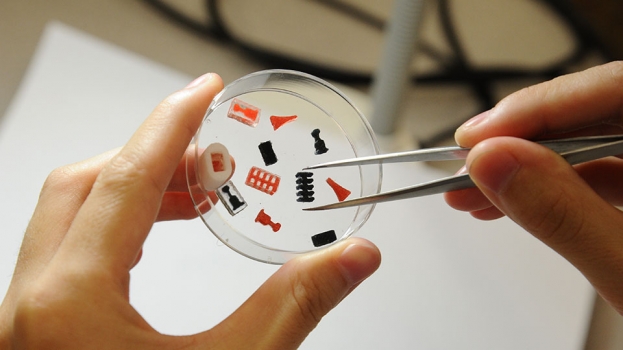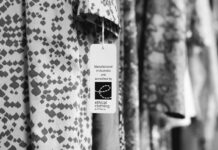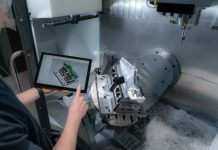
A team of researchers from the National University of Singapore (NUS) have discovered a cheap and easy way to “print” customised tablets for personalised medicine.

Designed by Assistant Professor Soh Siow Ling and PhD student Ms Sun Yajuan from the Department of Chemical and Biomolecular Engineering at the NUS Faculty of Engineering, the new method of tablet fabrication could allow doctors to combine multiple medications into a single tablet which releases the different drugs at the required rate and time during the day.
“For a long time, personalised tablets has been a mere concept as it was far too complex or expensive to be realised,” said Assistant Professor Soh.
“This new tablet fabrication method is a game changer – it is technically simple, relatively inexpensive and versatile. It can be applied at individualised settings where physicians could produce customised pills on the spot for patients, or in mass production settings by pharmaceutical companies.”
The drug tablet designed by Assistant Professor Soh and Ms Sun consists of three distinct components, including a polymer containing the drug in a specifically designed shape that will determine the rate of release of the drug.
“For instance, a 5-prong shape will allow the drug to be released in five pulses over time. By adjusting the shape of the drug-containing polymer, it is thus possible to release drugs at any desired rate,” Asst Prof Soh said.
He said the new tablet fabrication method would allow doctors to simply draw the desired release profile in a computer software to generate a template for making tablets specific to a patient’s treatment. The template would then be used to easily produce the desired pills using a 3D printer.
“The system is easy to use and does not involve any complex mathematical computation whenever a new release profile is needed. The fully customisable system is able to create a template to print tablets for any release profile,” he added.
The NUS team is currently exploring commercialisation possibilities for their novel method.



















